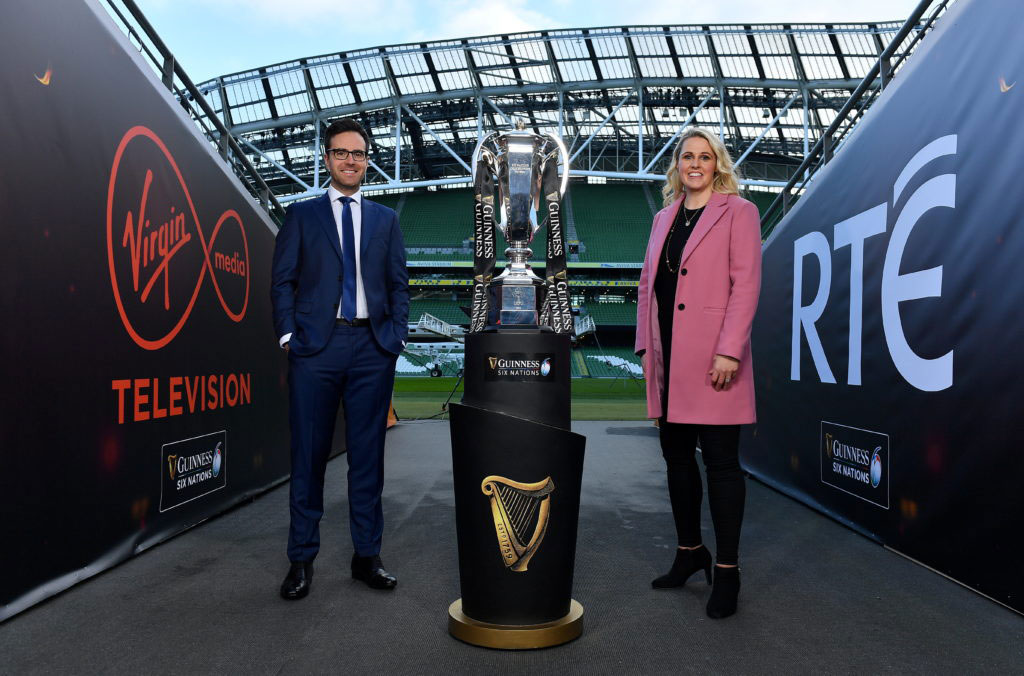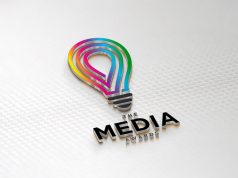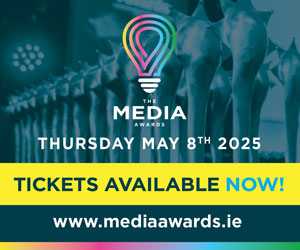
In the fast-moving world of sports sponsorships, brands could still prove to be worthy contenders in the battle to secure and stream live sporting events, writes Shane Costello, senior client service manager with Mediaworks.
The world’s leading consumer brands could soon battle traditional broadcasters for sought-after sports rights, in turn, creating another headache for established broadcasters such as RTÉ and Virgin Media.
Brands are now exploring options to expand strategic partnerships with sporting organisations from promotions and sponsorship to becoming a broadcast partner to transmit the event. The advancement of technology and rewards on offer means brands will no longer just have the option to have their logo printed on a jersey, but instead, play a central role bringing the match or event to the viewer.
Broadcast Accessible
We have started to see this with brands such as Liberty Insurance broadcasting All-Ireland Camogie matches and Electric Ireland showing games from the Minor championship on their digital platforms.
Making games that may otherwise not have been broadcast more accessible can help generate goodwill towards brands and legitimises their role in the broadcast but scaling up this reach with larger events could be next on the horizon.
Irish broadcasters only have to look at Brazil to see how the landscape is rapidly changing on a bigger scale. Last year, the NBA agreed a tactical media partnership with Budweiser, that would see the beer brand broadcast a select number of the league’s matches on their own social media channels in the South American country. On a local level, could we see Aer Lingus partner with the GAA to exclusively broadcast matches on the airline’s digital channels in commercially important locations to tap into the sizeable Irish diaspora market?
Big Tech Threat
From the perspective of established broadcasters, this threat has been looming for the past number of years. In 2018, Amazon won the rights to show 20 Premier League matches for three seasons exclusively in the UK, following a successful £90m bid.
The following year, after the tech giant broadcast their first set of matches, the company set records on days the matches were broadcast for the highest number of new sign-ups to its Prime subscription service, timed to be just ahead of the lucrative Christmas period.
Closer to home, the sports app, LiveScore, struck a deal with UEFA to stream all Champions League matches for free in Ireland, reportedly outbidding RTÉ and Virgin Media in the process.
Although selected games will remain on RTÉ and Virgin, LiveScore becomes the latest player in the battle for sports rights in Ireland, with the business backed by its parent company, Anzo Group, which also includes gambling companies LiveScore Bet and Virgin Bet.
The intense competition for rights has also ended up seeing broadcasting rivals RTÉ and Virgin enter a historic partnership to broadcast the Six Nations this year to combat the increasing threat from streaming services. A similar partnership between BBC and ITV has seen the Six Nations kept on free-to-air television in the UK.
Previously, subscription sports channels were often used as a loss leader, but this model is under growing financial pressure that could provide an opportunity for brands.
Last year, eir ceased broadcasting eir Sport as it questioned whether the commercial environment is profitable enough to fund a domestic premium sports station. Meanwhile, BT is reportedly exploring options to work with Discovery, owners of Eurosport, to work as a joint venture to fight off the growing competition.
Both eir and BT entered the sports broadcasting market to attract broadband customers with access to premium sports content, but the costly nature of running a sports network in an increasingly competitive industry has led to both operators altering their strategy.
However, digital channels, including YouTube, have successfully lowered the cost of entry into this space. Moreover, the demand for free, digestible and shareable content is increasing with sports fans wanting to interact with other supporters and rivals over key moments across social media to produce shared experiences online. This is a space brands can exclusively occupy on their streaming and social platforms.
Soon, brands may reconsider their sponsorship options and media-buying strategy to become an integral part of the transmission. This will allow them to increase their value and relevance in the mind of the customer, but also differentiate themselves from competitors.
The past couple of years has also seen the rise of over-the-top (OTT) media services as organisations look to sell their content to consumers directly.
The Sweet Spot
The GAA, League of Ireland and United Rugby Championship now offer subscription deals to allow fans to watch games live and on demand. There could be a role for brands to support the organisations to drive further reach and generate extra income.
With sporting organisations aiming to hit the sweet spot of maximising the reach of their product to grow their audience but also maximising the amount of revenue from both sponsorship and broadcast rights, brands could be the latest challenger to muscle in on the industry. Brands will use sport to further increase awareness of their offering, boost engagement with their audience and reward customers.
This shift will not be without risk for consumer brands as they may not have the expertise to broadcast major sports events to the high standard fans expect, but it is a hurdle they can overcome with external partners.
We will continue to see the biggest sporting events remain on traditional television to reach a mass audience, which include those protected by legislation, namely Summer Olympics and All-Ireland Finals. However, we could soon be seeing the start of brands, streaming platforms and influencers combining in an increasingly fragmented market to add another battle line in the intense competition for elite sports rights. This may see RTÉ and Virgin Media become natural allies, not competitors, to protect their most coveted sports rights.
Shane Costello is senior client service manager with Mediaworks, part of Core.






















